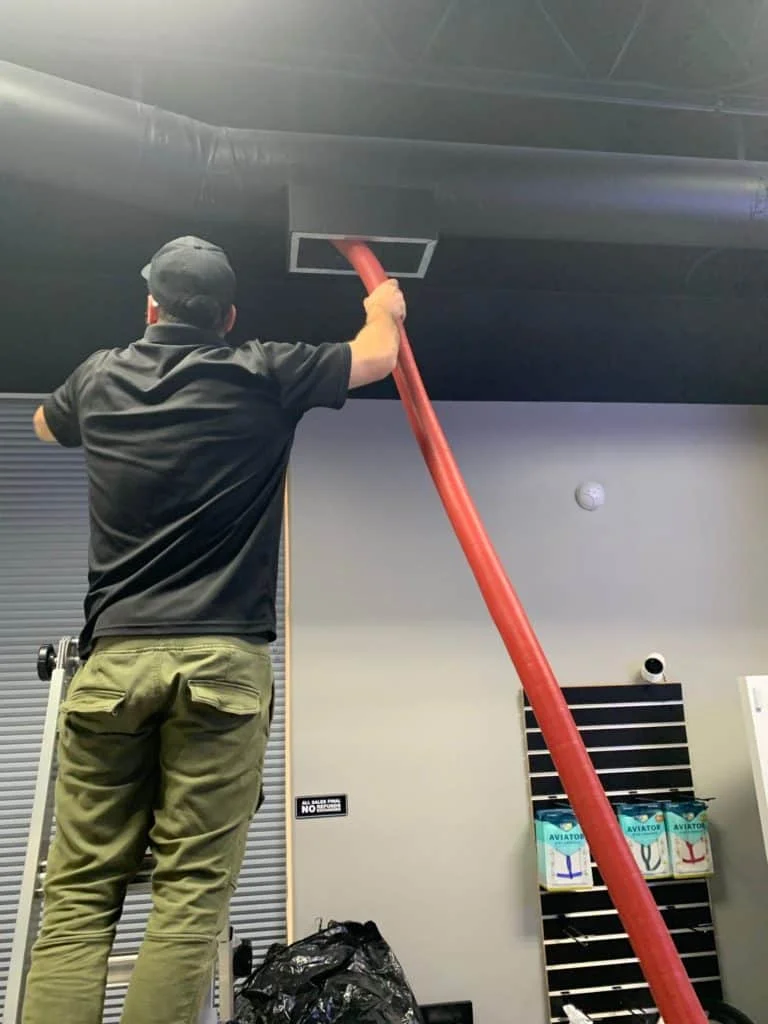Basements often become contaminated with musty odors, a concern that impacts a significant number of homeowners. The detection of offensive aromas could potentially signify the presence of concealed problems, including mildew, mold, or water damage. The identification and elimination of these odors are critical for maintaining a healthy living environment. This article will provide a comprehensive analysis of the process, with an emphasis on the significance of water damage restoration in rectifying the underlying causes.
Determining The Origin Of Musty Odors
- Visually Examine Moisture:
An abundance of moisture frequently contributes to musty odors. Inspect the area for indications of water intrusion, including humid walls, moist areas on the floor, and condensate forming on pipelines. Particularly in the inspection of crevices, gaps, and the vicinity of entrances and exits.
- Look for Mold and Mildew:
Mildew and mold are prevalent in moist environments and are capable of emitting a pungent, musty odor. Mold growth on the walls, surfaces, or stowed items should be observed in the cellar. Mold may manifest in black, green, white, or gray, among other hues.
- Check for Poor Ventilation:
Inadequate ventilation is a common issue in basements, as it can lead to the accumulation of moisture and aromas. Inspect the vents, windows, and mechanical ventilation systems to verify that there is adequate circulation in your basement.
- Examine Stored Items:
Occasionally, cardboard crates, ancient furniture, and stowed garments can absorb moisture and emit a musty odor. Examine the following items and eliminate or cleanse any that appear to be the source of the odor.
The Eradication Of Musty Odors
After determining the origin of the musty odor, the subsequent step is to eradicate it. The following are several efficacious strategies:
- Dry The Basement:
Drying the basement is the initial stage in eliminating musty fragrances. Implement dehumidifiers to decrease relative humidity and blowers to enhance airflow. Additionally, opening doors and windows can help ventilate a room.
- Clean and Disinfect:
To disinfect and clean surfaces, combine a solution of water and a mild detergent. To address moldy areas, apply a solution composed of one gallon of water and one cup of chlorine. When working with mold, be sure to don protective devices such as masks and mittens to prevent inhalation of particles.
- Eliminate Infected Items:
Garbage is any item that has become significantly contaminated with mildew or mold. Prior to returning salvageable items to the cellar, ensure they are completely dry and thoroughly cleaned.
- Enhance Ventilation:
To prevent further moisture accumulation, ensure that your basement has adequate ventilation. If necessary, consider installing exhaust blowers, dehumidifiers, and air vents. Open windows and doors frequently to facilitate the circulation of fresh air.
- Seal Cracks and Leaks:
Inspect your basement for fissures and openings that could potentially allow water to enter and seal them. Apply an impermeable sealant to any gaps in the floor or walls. If necessary, employ a professional to address any substantial structural problems.
The Importance Of Water Damage Repair
Water damage remediation is an essential component in mitigating musty odors in the cellar. Several actions are required to ensure that your basement is devoid of mold and moisture, thereby preventing future aromas.
- Water Extraction:
If the cellar contains substantial moisture or stagnant water, the restoration crew will employ specialized apparatus to extract the water. This action is essential to prevent mildew growth and additional injury.
- Drying and Dehumidification:
Following the water extraction process, the team will dry out the cellar using industrial-grade air movers and dehumidifiers. This process guarantees the complete removal of moisture, thereby inhibiting the growth of mold and fungus.
Preventing Musty Odors in the Future
Maintaining a fresh and adequately ventilated cellar is critical for preventing the recurrence of musty odors. The following are some suggestions:
- Maintain Proper Ventilation:
Ensure that your basement is adequately ventilated by using dehumidifiers, exhaust blowers, and window openings, as necessary.
- Control Humidity:
Maintain humidity levels under control, particularly in the humid months. A relative humidity of 30–50% inhibits the growth of mildew.
- Proper Storage:
To prevent moisture absorption, store products in plastic containers rather than cardboard crates. To prevent objects from coming into contact with any possible water, raise them off the floor.
- Professional Maintenance:
A professional water damage restoration service should be consulted regarding routine maintenance. They can perform preventative maintenance and inspections to ensure that your basement remains in pristine condition.
You can efficiently identify and eradicate musty odors from your basement, thereby creating a more comfortable and healthy living space, by adhering to these steps and recognizing the significance of water damage restoration.




